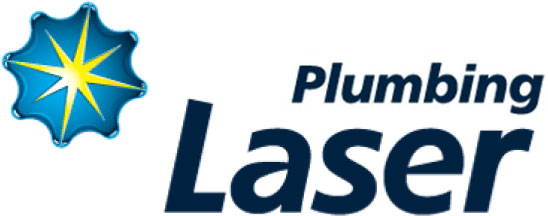Commercial Plumber: Continuous Flow Water Heater vs Hot Water Cylinder: Choosing the Right System for Your Wellington Home
Commercial Plumber: Continuous Flow Water Heater vs Hot Water Cylinder: Choosing the Right System for Your Wellington Home
If you're looking to upgrade or install a new hot water system in your Wellington property, understanding the key differences between a continuous flow water heater and a hot water cylinder is essential. Both systems offer reliable hot water solutions but operate in fundamentally different ways, each with distinct benefits depending on your household’s size, water usage, and available space.
What is a Hot Water Cylinder?
A hot water cylinder (HWC) is a traditional water heating system that stores heated water in a large insulated tank. These systems are commonly powered by electricity or gas and are designed to maintain a constant supply of hot water. Once the hot water is used, the cylinder requires time to reheat the water for further use. Cylinder sizes typically range from 100 to over 300 litres, making them suitable for homes with moderate to high water demands.
Pros of Hot Water Cylinders:
- Can supply multiple taps simultaneously without loss of temperature
- Ideal for households with bathtubs or high peak usage
- Compatible with solar and wetback systems
Cons:
- Takes up considerable space
- Limited supply; once the tank is empty, there’s a wait for reheating
- Higher energy use due to standby heat loss
What is a Continuous Flow Water Heater?
Also known as a tankless or instantaneous water heater, a continuous flow system heats water only when you need it. When a hot tap is turned on, cold water flows through a heating element that instantly raises the water to the desired temperature.
Pros of Continuous Flow Systems:
- Energy-efficient with no heat loss from stored water
- Unlimited hot water on demand
- Compact design; ideal for homes with limited space
Cons:
- Flow rate can be limited, especially with multiple simultaneous uses
- May not be suitable for households with very high water demands
Efficiency and Energy Use
Continuous flow systems tend to be more energy-efficient because they only use power when hot water is required. Hot water cylinders continuously use energy to keep water at the set temperature, even when not in use. This means higher standby energy loss, though good insulation can help reduce this.
Capacity and Water Flow
A hot water cylinder has a fixed capacity—once used up, you must wait for it to refill and reheat. In contrast, a continuous flow unit can supply water endlessly, provided it keeps up with demand. This makes it an excellent option for smaller households or properties with lower simultaneous water usage.
Space Requirements
Space can be a major deciding factor. Hot water cylinders require dedicated room, often installed in a utility area or cupboard. Continuous flow water heaters, being much smaller, can be wall-mounted inside or outside the home, freeing up valuable space.
Which One Should You Choose?
- Choose a hot water cylinder if your household uses large volumes of water, has a bath, or needs hot water at multiple outlets at the same time.
- Choose a continuous flow system if energy efficiency, unlimited hot water, and saving space are your top priorities.
Laser Plumbing Wellington East can assess your current setup and provide expert advice on the best system for your home. Whether you’re upgrading, renovating, or building new, we can help you make an informed decision that ensures reliable hot water all year round.
Contact us today to book a consultation or to learn more about hot water systems tailored for Wellington homes.
